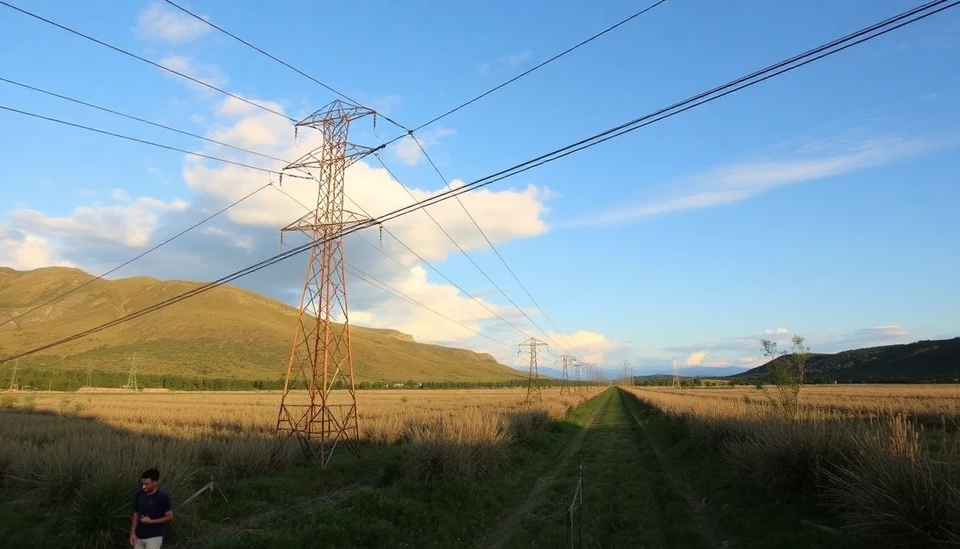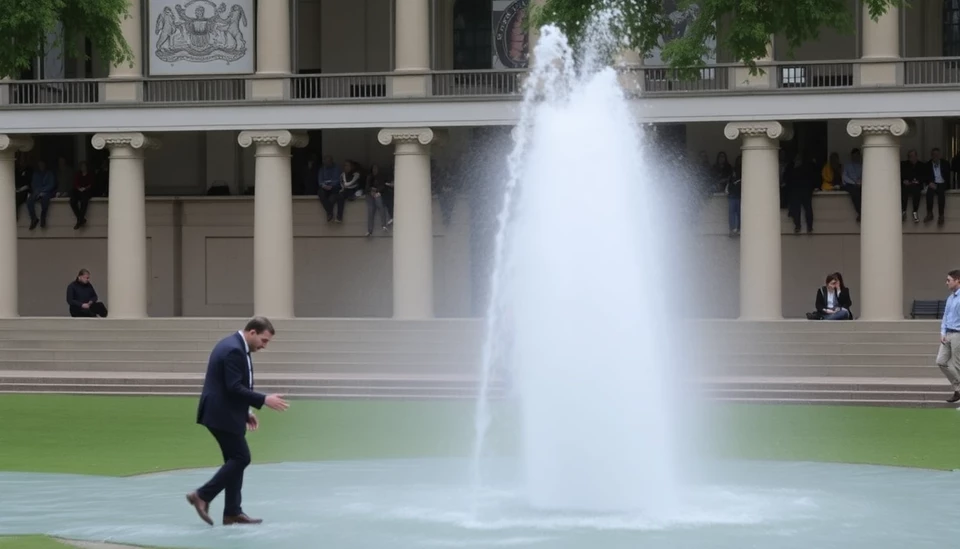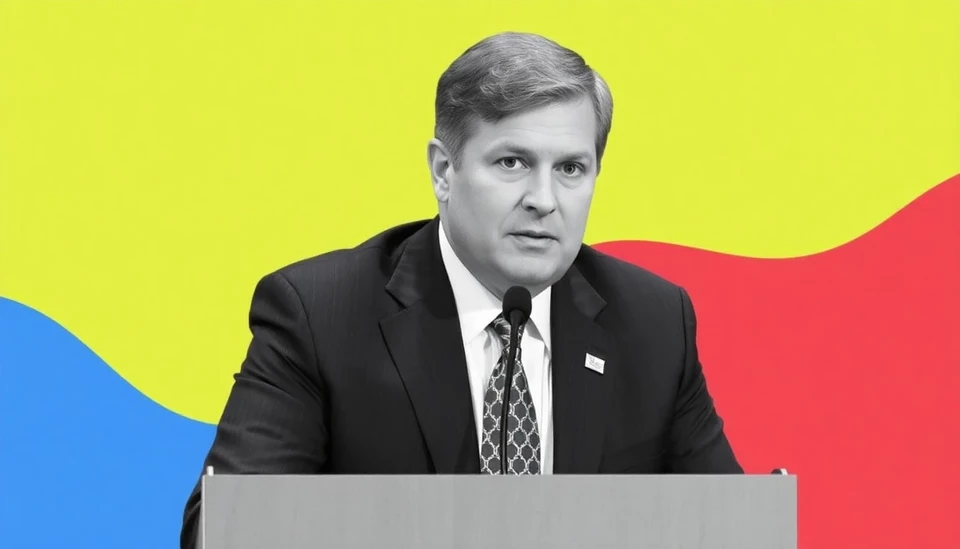
Argentina plans to open tenders for the renovation and operation of outdated power lines that have been poorly maintained for a long time. The job, which has been very inefficient and unreliable lately, is persuading the government to explore new ways to improve power supply to its citizens.
The approval for this project comes after repeated complaints from residents and industries regarding frequent power outages and disruptions. It is further affecting the livelihoods of people and economic activities, stirring a highly contentious public debate on the issue of energy sustainability in the country.
Many view the decision to open up the tender process as a means of attracting specialized entities that can deal with the dilapidation of the power grid. It could apply to international and local firms reputed in handling large-scale electrical infrastructure projects. The idea here is that by contracting out this key function, the government is going to attract considerable expertise and investment that could modernize the power lines to meet the existing demand and demand in the near future.
Many are the challenges faced by the energy sector in Argentina, which include old equipment, energy losses at the point of distribution, and financial problems that hamper much-needed upgrading. The approach to date, as used by the government in managing energy, has been found wanting in catching up with changing technology and expanding the consumption of energy.
These include the National Electricity Regulatory Entity-ENRE that shall consider and go through the potential candidates to outline the specifications of the tender. These include the technical capabilities, financial stability, and experience in handling such projects. That the tender process is expected to be transparently carried out in order for the best qualified firms to be attracted to this offer while any form of malpractice or mismanagement are avoided.
According to experts, the successful tender could be a turning point in Argentina's energy landscape. This would translate to a more resilient power network with heightened consumption and hostile weather conditions, which are happening more frequently these days due to climate change. Economic growth can accordingly be ensured since it does not curtail the supply of energy to industries. It also cuts the number of operational stoppages.
The financial aspect of this endeavour remains one of the overriding concerns. The government has to strike a balance between attracting capable firms and keeping the costs within the means of this country's economy. It is, however, proposed that these long-term gains of having the power infrastructure stabilized and modernized will override initial costs and bring continued growth into and improvements in the lives of the citizens.
In that respect, a possible tender by Argentina for the management and upgrade of its power lines represents an important step in an effort to address chronic problems relating to the energy sector. That would give a complete makeover to an important chunk of infrastructure in that South American nation, which would promise uninterrupted and reliable supplies of electricity at least for the coming decade.
#Argentina #PowerInfrastructure #Tender #EnergySector #ENRE #PowerLines #InfrastructureUpgrade #Blackouts #EconomicGrowth #Sustainability
Author: Samuel Brooks




